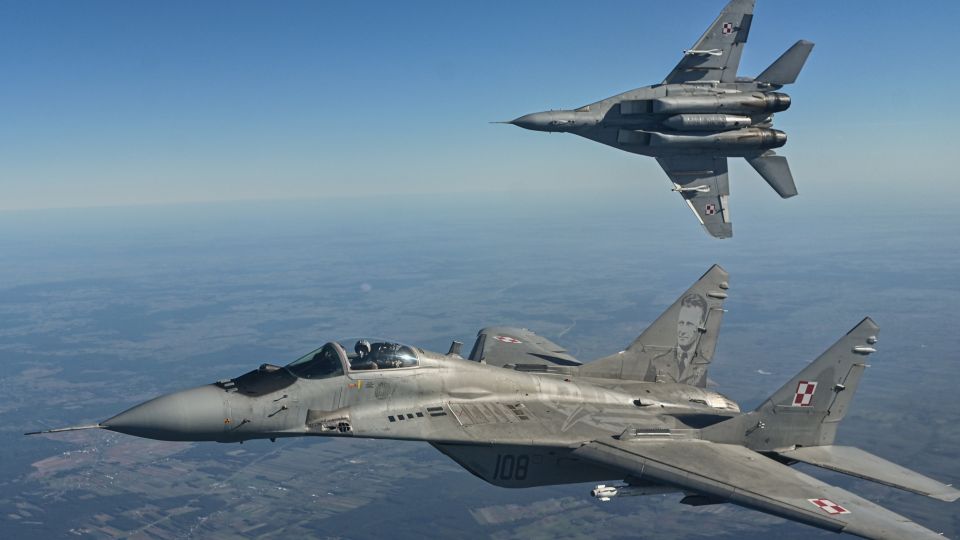Poland Scrambles Aircraft Following Russia’s Rocket Attacks
In an alarming escalation of regional tensions, Poland has scrambled its military aircraft in response to a series of rocket attacks originating from Russia. The sudden move has stirred international concern and underscored the fragile security dynamics in Eastern Europe.
The attacks, which targeted various strategic locations, prompted immediate action from Polish defense forces. According to sources, the Polish Air Force has heightened its alert status, deploying fighter jets to patrol the country’s airspace and bolster its defensive posture.
This development follows a series of aggressive maneuvers by Russia in recent months, which have included the annexation of territories, cyber-attacks on neighboring countries, and an ongoing military presence near Ukraine. The continuous disruptions have driven NATO allies to hold emergency meetings, discuss defense strategies, and express solidarity with affected nations.
Poland, a member of NATO and the European Union, plays a critical role in the defense mechanism of Eastern Europe. The country’s military response is not just a national security measure but also a signal to the international community about its commitment to maintaining regional stability. Polish Defense Minister, Mariusz Błaszczak, reaffirmed this stance by stating that any threat to Poland’s sovereignty would be met with decisive action.
This incident marks the latest in a series of heightened confrontations between Russia and its western neighbors. Over the past few years, Russia’s assertive foreign policy has included the 2014 annexation of Crimea, active belligerence in Eastern Ukraine, and more recently, the provocative deployment of military assets in Belarus. These actions have led to widespread sanctions and diplomatic isolation from Western countries, yet have done little to dissuade Russia from its aggressive stance.
The escalation has also revived discussions on the importance of NATO’s collective defense principles outlined in Article 5, which states that an armed attack against one NATO member is considered an attack against all. These developments have reinforced the alliance’s unity and the commitment to mutual protection among its 30 member states.
This incident is being closely monitored by neighboring countries and global powers, all of whom are wary of a potential broader conflict. International reactions have ranged from calls for de-escalation to the reinforcement of military aid to Eastern European allies.
As the situation continues to unfold, Poland’s response serves as a critical reminder of the volatility in the region and the ever-present threat posed by unchecked aggression. The coming weeks will likely see increased diplomatic efforts and potentially more military adjustments as countries aim to navigate this precarious predicament.
For more information, visit the Polish Ministry of National Defence.
This article provides a detailed account of the unfolding events and examines their implications within the broader geopolitical landscape. Readers are encouraged to stay informed on further developments as they transpire.
